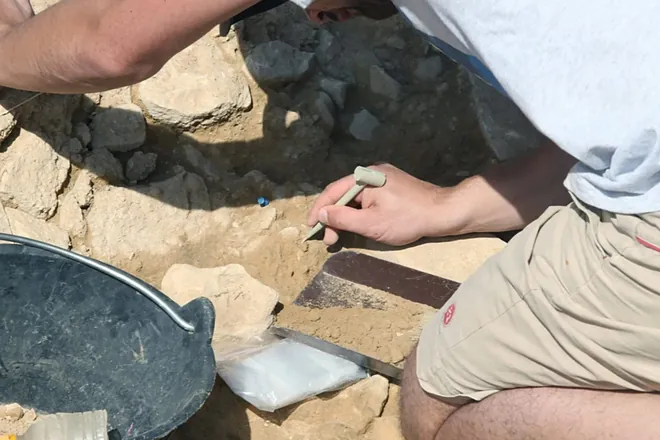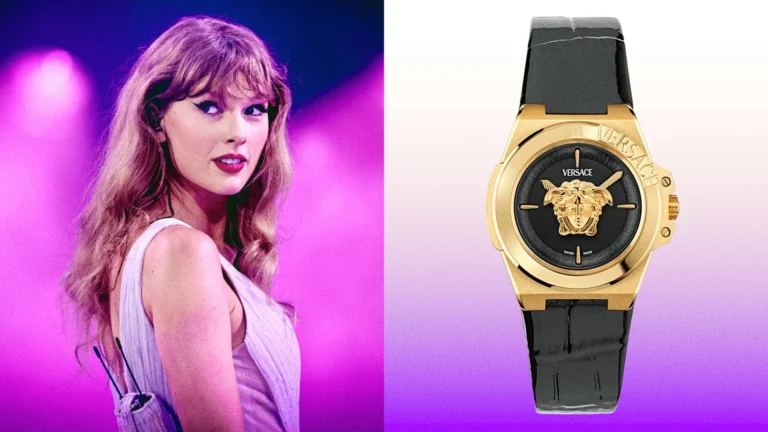In a landmark move shaking up the coffee industry, Keurig Dr Pepper (KDP), a major US beverage manufacturer, has acquired JDE Peet’s, a Dutch company owning iconic coffee brands like Marcilla, L’OR, and Senseo. This multi-million dollar deal, valued at 15.7 billion euros, marks a significant consolidation in the global coffee market, with completion expected by the first half of 2026.

Key Details of the Acquisition
- Acquirer: Keurig Dr Pepper (KDP), known for soft drink brands like 7UP, Dr Pepper, and Canada Dry, as well as coffee brand Green Mountain.
- Target: JDE Peet’s, a Dutch coffee giant with a portfolio including Marcilla, L’OR, Senseo, Jacobs, Pilao, and Douwe Egberts.
- Deal Value: 15.7 billion euros ($31.85 per share), offering a:
- 20% premium over JDE Peet’s last closing price.
- 33% premium over the average share price of the last 90 days.
- Timeline: The deal is expected to close by mid-2026.
- Strategic Outcome: The acquisition will lead to the creation of Global Coffee Co., poised to be the world’s largest coffee company, alongside a separate entity, Beverage Co., focusing on soft drinks and energy drinks.
Post-Acquisition Structure: Two Independent Companies
Following the acquisition, KDP will split into two distinct, publicly traded companies to streamline operations and focus on their respective markets. Here’s how they’ll be organized:
| Company | Focus | Brands | Revenue (Approx.) | Headquarters | Leadership |
|---|---|---|---|---|---|
| Global Coffee Co. | Coffee and related products | Marcilla, L’OR, Senseo, Jacobs, Pilao, Green Mountain, Douwe Egberts | $16 billion | Burlington, MA (US) & Amsterdam, Netherlands | Sudhanshu Priyadarshi (CEO) |
| Beverage Co. | Soft drinks and energy drinks | Dr Pepper, 7UP, Schweppes, Canada Dry | $11 billion | Frisco, TX (US) | Tim Cofer (CEO) |
- Global Coffee Co. will dominate the coffee market, leveraging JDE Peet’s strong European presence and KDP’s North American footprint to create a global coffee giant.
- Beverage Co. will focus on KDP’s legacy soft drink and energy drink portfolio, maintaining its strong market position in non-coffee beverages.
Why This Deal Matters
This acquisition is a game-changer for the beverage industry, particularly in the coffee sector, which is one of the most consumed beverages globally due to its stimulating effects and cultural significance. Here’s why this deal stands out:
- Market Consolidation: Combining KDP’s and JDE Peet’s portfolios creates a powerhouse with unmatched scale, controlling a significant share of the global coffee market.
- Brand Synergy: The merger unites complementary brands, from KDP’s Green Mountain (popular in single-serve coffee) to JDE Peet’s Douwe Egberts (a staple in European households).
- Financial Impact: With a combined coffee revenue of $16 billion, Global Coffee Co. will have the resources to innovate, expand, and compete with giants like Nestlé (Nescafé) and Starbucks.
- Global Reach: The dual headquarters in Burlington, Massachusetts, and Amsterdam, Netherlands, positions Global Coffee Co. to cater to both North American and European markets effectively.
Quote from Leadership: Tim Cofer, CEO of KDP, described the acquisition as “a unique opportunity to create a global coffee giant,” highlighting the strategic vision to dominate the coffee industry.
Implications for Consumers and Investors
For Consumers
- Wider Product Availability: Expect to see brands like L’OR and Senseo in more markets, especially in North America, where KDP has a strong distribution network.
- Innovation in Coffee: With increased resources, Global Coffee Co. may invest in new coffee products, such as sustainable blends, premium single-origin beans, or advanced single-serve technologies.
- Potential Price Changes: Consolidation could lead to economies of scale, potentially lowering prices, but increased market control might also result in higher prices for premium brands.
For Investors
- Stock Value Growth: The 20% premium paid for JDE Peet’s shares signals confidence in the deal’s value, potentially boosting KDP’s stock in the long term.
- Split Company Benefits: The creation of two focused companies allows investors to choose between coffee-focused investments (Global Coffee Co.) or soft drink investments (Beverage Co.), catering to different risk profiles.
- Market Leadership: Global Coffee Co.’s projected $16 billion revenue positions it as a leader, making it an attractive investment for those betting on the coffee industry’s growth.
Step-by-Step: What to Expect Before 2026
The deal’s closure is slated for mid-2026, and several steps will unfold in the interim. Here’s a practical timeline for consumers and investors to follow:
- The deal must pass scrutiny from antitrust regulators in the US and EU to ensure it doesn’t create a monopoly.
- Expect updates on approvals from bodies like the US Federal Trade Commission and the European Commission.
- KDP and JDE Peet’s will align operations, including supply chains, marketing, and distribution networks.
- Leadership transitions will begin, with Sudhanshu Priyadarshi preparing to helm Global Coffee Co.
- KDP will formally separate into Beverage Co. and Global Coffee Co., with distinct leadership and headquarters.
- Both entities will likely be listed as separate stocks on major exchanges.
- The acquisition will finalize, with JDE Peet’s fully integrated into KDP’s structure.
- Consumers may start seeing new branding or product launches under Global Coffee Co.
- Global Coffee Co. will roll out global marketing campaigns to solidify its position as the world’s largest coffee company.
- Expect innovations like sustainable packaging, new coffee blends, or expanded single-serve options.
Broader Context: The Coffee Industry in 2025
The coffee market is booming, driven by rising global demand, premiumization, and sustainability trends. Here’s how this deal fits into the bigger picture:
- Market Size: The global coffee market is valued at over $100 billion and growing, with increasing demand for single-serve coffee (e.g., K-Cups, Nespresso pods) and specialty coffee.
- Sustainability Push: Consumers are prioritizing ethically sourced coffee and eco-friendly packaging, areas where Global Coffee Co. could lead with JDE Peet’s expertise in European sustainability standards.
- Competition: Rivals like Nestlé, Starbucks, and Lavazza will face pressure to innovate as Global Coffee Co. leverages its scale to capture market share.
Potential Challenges
While the deal is promising, it’s not without risks:
- Regulatory Hurdles: Antitrust concerns could delay or alter the deal, especially given the market dominance of Global Coffee Co.
- Integration Risks: Merging KDP’s and JDE Peet’s operations, cultures, and supply chains could face logistical challenges.
- Consumer Backlash: If prices rise or beloved brands like Douwe Egberts lose their identity, consumer loyalty could waver.
- Economic Factors: Inflation, as highlighted by the viral TikTok video mentioned in the source about rising costs, could impact consumer spending on premium coffee.
The acquisition of JDE Peet’s by Keurig Dr Pepper is a transformative step in the beverage industry, creating Global Coffee Co., the world’s largest coffee company, with a $16 billion revenue stream. By merging iconic brands like Marcilla, L’OR, Senseo, and Green Mountain, this deal positions KDP to dominate the global coffee market while maintaining a strong soft drink portfolio under Beverage Co.. Expected to close by mid-2026, the acquisition promises innovation, expanded market reach, and potential challenges like regulatory hurdles and integration risks.
For coffee lovers, this means more choices and potentially innovative products. For investors, it’s an opportunity to capitalize on a global coffee giant.







